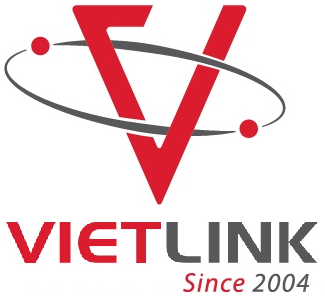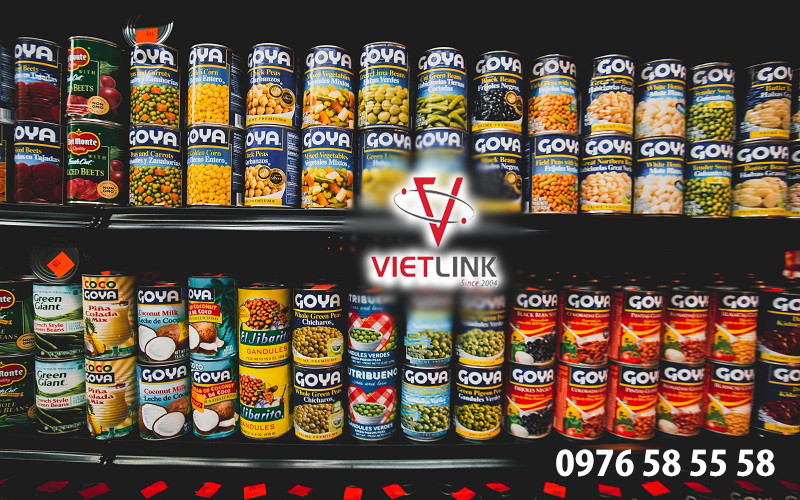LIST OF GOODS SUBJECT TO CUSTOMS CLEARANCE AT THE PORT OF IMPORT
The Prime Minister has signed and promulgated Decision No. 15/2017/QD-TTG dated May 12, 2017, promulgating the List of imported goods subject to customs procedures at the point of importation.
The Prime Minister has signed and promulgated Decision No. 15/2017/QD-TTG dated May 12, 2017, promulgating the List of imported goods subject to customs procedures at the point of importation.
From July 1, 2017, imported goods that must go through customs procedures at the import border gate include the following items:
• Cigarettes, cigars, and other preparations from tobacco plants for smoking, inhalation, chewing, smelling, sucking;
• Unprocessed tobacco leaves; tobacco leaf scraps.
• Cigars, double-cut cigars, cigarillos, and cigarettes, of tobacco leaves or of tobacco substitutes.
• Processed tobacco leaves and other processed tobacco substitutes; “homogenized” or “reconstituted” tobacco; tobacco leaf extract and essence.
• Wine; beer
• Wine made from fresh grapes, including fortified wines; grape must, other than those of heading 20.09
• Vermouth and other wines made from fresh grapes flavored with herbs or aromatics.
• Other fermented beverages (eg apple, pear, mead); mixtures of fermented beverages and beverage mixtures of fermented beverages with non-alcoholic beverages, not elsewhere specified or included).
• Undenatured ethyl alcohol with an alcohol content by volume of 80% or more; ethyl alcohol and other spirits, denatured, of any strength.
• Undenatured ethyl alcohol with an alcohol content of less than 80% by volume; spirits, liqueurs, and other alcoholic beverages.
• Passenger cars with under 16 seats; two- or three-wheeled motorcycles with a cylinder capacity of over 125 cm3; aircraft, yachts;
• Having a piston-type internal combustion engine with a cylinder capacity of more than 125cc but not exceeding 250cc.
• Having a piston-type internal combustion engine with a cylinder capacity of over 250cc but not exceeding 500cc.
• Having a piston-type internal combustion engine with a cylinder capacity of over 500cc but not exceeding 800cc.
• Others.
• Gasoline of all kinds;
• Engine gasoline:
+ RON 97 and higher, leaded
+ RON 97 and higher, unleaded
+ RON 90 and higher, but below RON 97 with lead
+ RON 90 and higher, but below RON 97 unleaded
+ Other, leaded
+ Other, unleaded
+ Aviation gasoline, other than those used as jet fuel
• Temperature regulation capacity of 90,000 BTU or less;
• Cards;
• votive paper, gold leaf.
• Goods subject to animal quarantine, goods subject to aquatic quarantine, and goods subject to plant quarantine according to the List prescribed by the Ministry of Agriculture and Rural Development.
• Explosive precursors, industrial explosives;
• Explosive precursors (according to Government regulations on industrial explosives)
+ Ammonium nitrate (NH4 NO3) in crystalline form is used to produce emulsion explosives
+ Ammonium nitrate (NH4 NO3) porous granular used to produce explosives AFNO
• Industrial explosives (including industrial explosives, detonators, detonators, explosive wires, explosive particles, and LIL wires of all kinds)
+ Types of electric detonators used in industry
+ No. 8 combustion detonator for industrial use
+ Water-resistant explosive wire used in industry
+ Industrial slow-burning wire
+ Explosive primers for industrial explosives
+ Emulsion explosives for underground mines, underground works without explosive gas and dust
+ Ammonite explosive AD1
+ Other explosives (according to the list prescribed by the Ministry of Industry and Trade).
• Goods that affect national security according to the list prescribed by the Ministry of Industry and Trade.
• Scrap according to the list prescribed by the Prime Minister;
• Goods subject to safeguard tax, anti-dumping tax, and anti-subsidy tax according to regulations of the Ministry of Industry and Trade.
Goods not on the list above may go through customs procedures at the import border gate or at customs clearance locations outside the import border gate according to the provisions of the Customs Law, Decree No. 08/2015/ND-CP dated 21 January 2015 of the Government.
In case goods have many categories (on the List and not on the List), and the same bill of lading, customs procedures must be carried out at the import border gate.
Imported goods that are not on the list above may go through customs procedures at the import border gate or at customs clearance locations outside the border gate in the following cases:
• Equipment, machinery, and materials imported for the construction of factories and works may go through customs procedures at the customs offices where the factories or works are located.
• Raw materials, supplies, equipment, machinery, components, and spare parts for processing and production may go through customs procedures at the customs office where the factory or production facility is located.
• Goods temporarily imported to attend fairs, exhibitions or product introductions may go through customs procedures where there are fairs, exhibitions, or product introductions.
• Goods imported into duty-free shops may go through customs procedures at the customs office managing duty-free shops.
• Goods imported into the non-tariff zone may go through customs procedures at the customs office managing the non-tariff zone.
• Goods imported to serve urgent relief requests as prescribed in Clause 1, Article 50 of the Customs Law may go through customs procedures at the customs offices where natural disasters, epidemics, or emergency relief are requested.
• Specialized goods imported for national defense and security as prescribed in Clause 2, Article 50 of the Customs Law may go through customs procedures at the customs office at the request of the customs declarant.
• Gasoline is brought from bonded warehouses to customs clearance locations where traders have petroleum storage systems.
• Imported goods in the same container and brought to the retail collection point may go through customs procedures at the agency managing the retail collection location.
Other cases as decided by the Prime Minister.
Source: Internet



main.comment_read_more